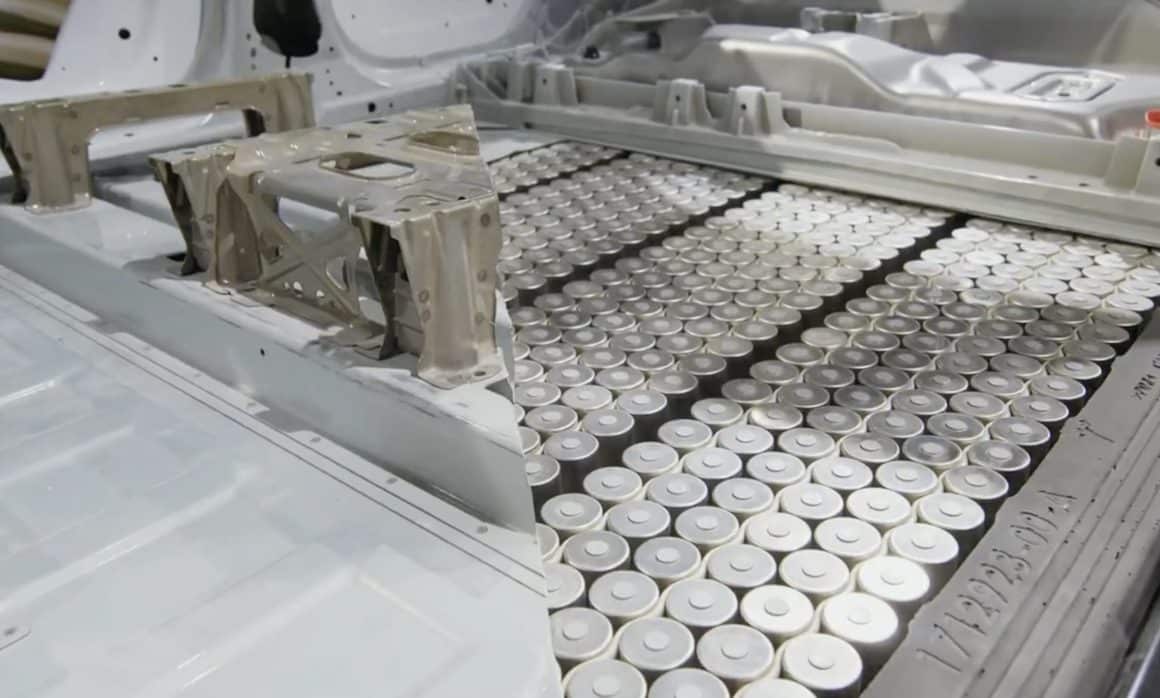Graphite is an essential part of a lithium-ion battery. There are many challenges that EV battery manufacturers might face in the graphite market as electric vehicle demand continues to rise.
Graphite is often an overlooked essential mineral when people think of EV batteries. However, it is a crucial component in the anodes of lithium-ion batteries used in electric vehicles.
GRAPHITE AND TRANSPARENCY
The chief executive of Syrah Resources, Shaun Verner, shared a bit about graphite pricing and funding for new projects. Syrah Resources is an Australian company that supplies Tesla from its mine in Mozambique, one of the largest graphite producers.
Verner commented that the graphite market lacks transparency when it comes to pricing, leading bankers to hesitate when it comes to funding new graphite-related projects.
Only a handful of countries mine graphite and even fewer refine the mineral enough to be used in batteries and other products. With few producers in the graphite industry, graphite consumers enter into long-term bilateral supply agreements with little transparency on prices. In addition, relatively few analysts follow the graphite industry, making it difficult to get any long-term forecasts on graphite prices.
“The single biggest impediment to new investment is the opaque nature of the market because to get the commercial debt in place is really challenging,” said Verner.
GRAPHITE SUPPLY
Graphite prices have declined in recent months compared to the highs in early 2022. Fastmarkets reported that traditional graphite applications have decreased this year, resulting in “sluggish” conditions in the market. However, graphite demand is expected to rise in the next few years due to growth in the electric vehicle sector.
“Graphite has kind of been the poor cousin of the battery minerals and doesn’t get the attention of the other commodities,” commented Gregory Bowes, executive chairman of the Northern Graphite Corporation. “But we’re getting very close to an inflection point where demand overtakes supply and this is going to be first page news.”
Experts observing the graphite market expect graphite supply to hit a deficit as EV battery makers increase production. Fastmarkets estimates that natural graphite consumption would rise 40% year on year, on par with the EV sector. Benchmark Mineral Intelligence had the same forecast and calculated that graphite supply would hit a deficit of 20,000 tons in 2022.
China’s dominance in the graphite industry factors into the forecasted deficit since it dominates the graphite market. In 2021, China produced 820,000 metric tons (MT) of graphite, a significant increase compared to the previous two years. The US Geological Survey reported that China accounted for 79% of the world’s graphite mining last year. The country’s quick recovery from COVID-19 shutdowns contributed to its dominance in 2021.
“Chinese producers quickly increased production after a few months of closures in 2020. This allowed China to gain a more dominant position in the market for 2021 and slowed down the diversification of the supply chain,” noted the US Geological Survey’s report.
After China, Brazil and Mozambique are the next largest graphite producers. Brazil produced 68,000 MT last year, while Mozambique’s output was 30,000 MT. Russia, Madagascar, Ukraine, Norway, Canada, India, and Sri Lanka make up the remaining Top 10 countries that produce graphite.
GRAPHITE AND THE INFLATION REDUCTION ACT
The graphite industry might be a major challenge for automakers seeking to launch their products in the United States over the next few years. The recently passed Inflation Reduction Act included EV tax credits that could go as high as $7,500 for automakers that adhere to a few specific requirements.
One of the requirements to qualify for the EV tax credit is related to batteries and the minerals used to make them. According to the Inflation Reduction Act, at least 40% of the critical minerals used to make US-made EV batteries must also come from US miners or recycling plants. Automakers can also qualify for the tax credit if the minerals used in their US-made batteries come from countries with free trade deals with the United States.
In 2021, natural graphite was not produced in the United States, but it consumed 45,000 tons of the mineral, estimated to be worth $41 million. The United States imported about 53,000 tons of graphite last year, mainly from China. It also imported graphite from Mexico, Canada, India, and other sources.
US Geological Survey mentioned one US automaker in its report about graphite imports. It did not mention the automaker by name.
“A US automaker continued building a large plant to manufacture lithium-ion electric vehicle batteries. The completed portion of the plant was operational, and it produced battery cells, battery packs, drive units, and energy storage products. At full capacity, the plant was expected to require 35,200 tons per year of spherical graphite for use as anode material for lithium-ion batteries,” stated the report.
Eric Desaulniers, the chief executive of Nouveau Monde Graphite, stated that discussions with cell manufacturers have ramped up after the Inflation Reduction Act was passed. Nouveau Monde is currently developing a graphite mine and battery-grade anode plant in Canada.
Desaulniers noted that challenges are ahead when it comes to securing project financing since “cell makers are cash-constrained.” He also noted that automakers had their hands full from scaling up their respective battery manufacturing facilities.
Tesla, considered the lead electric vehicle manufacturer in the United States, is already producing its 4680 battery cells in California. Rivian, General Motors, and other automakers also plan to develop their own battery cells in their own battery manufacturing plants.





